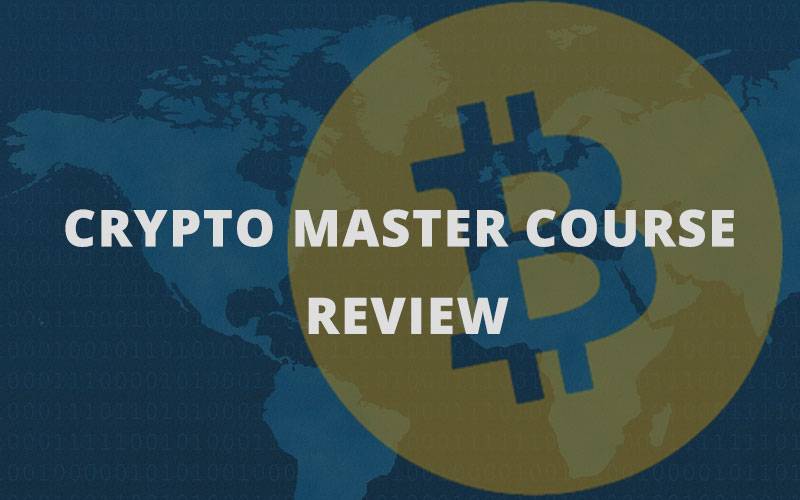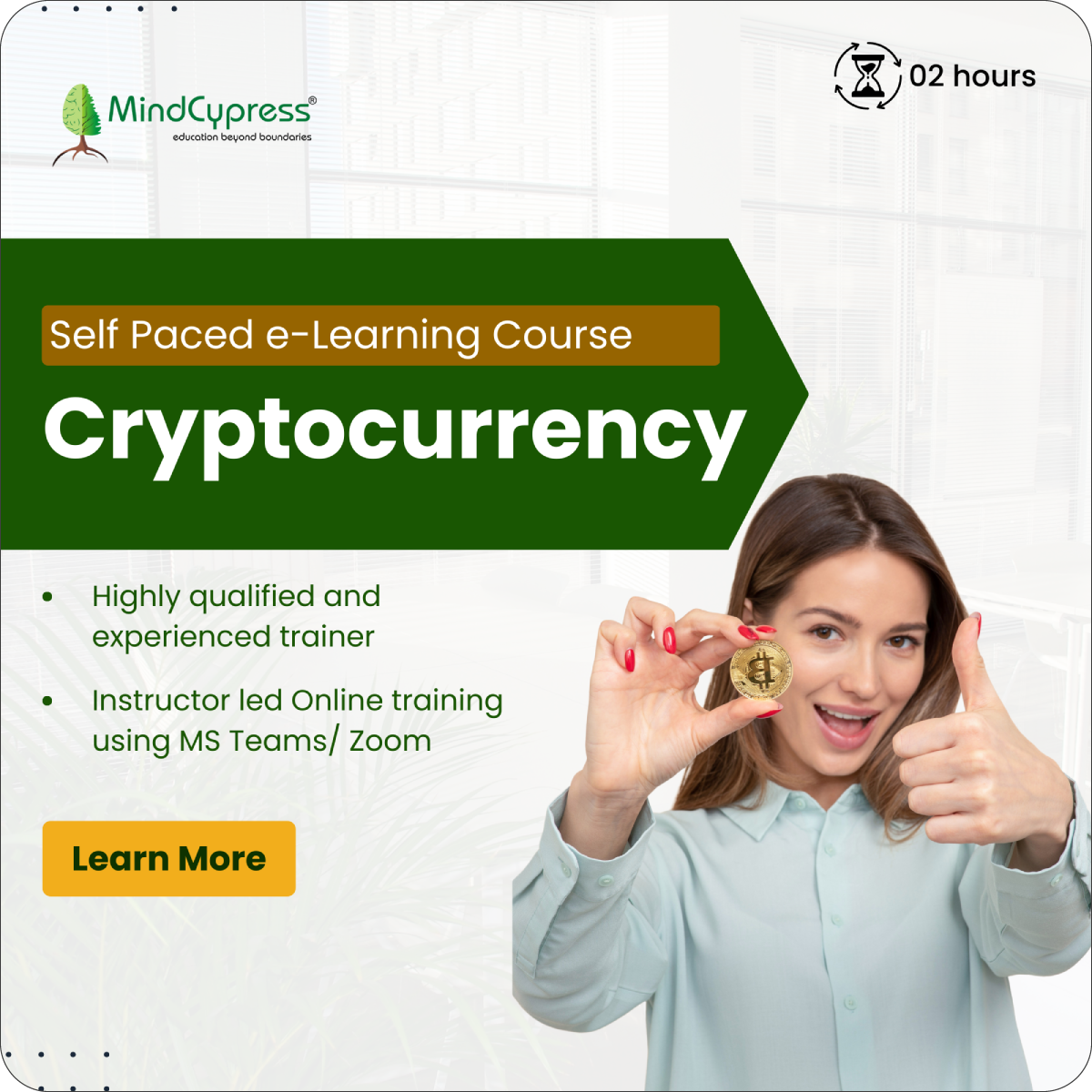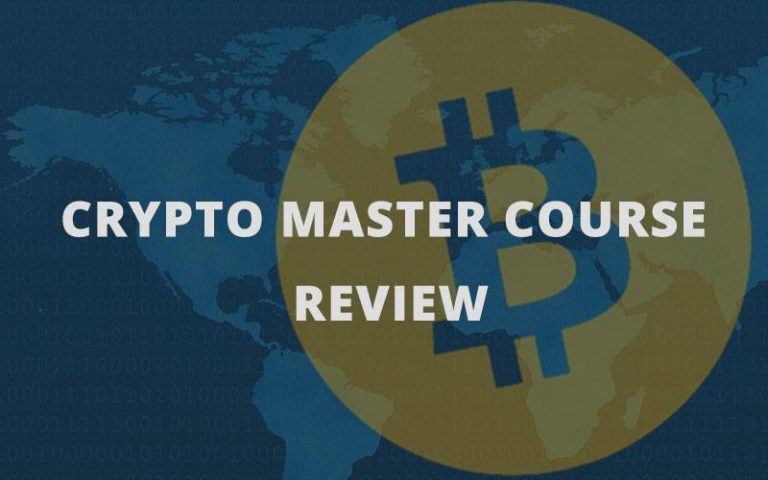Investing online course free opens up a world of opportunities for anyone looking to enhance their financial literacy and investment skills. With the growing trend of online education, these free courses provide accessible and valuable insights into various investing strategies and markets. Whether you’re a total beginner or looking to refine your existing knowledge, these courses can guide you through the complexities of investing with ease.
They cover a wide range of topics, from stock market fundamentals to real estate and cryptocurrency investing, enabling learners to choose a path that suits their interests and goals. By taking advantage of these free resources, individuals can equip themselves with essential knowledge and strategies that can lead to informed investment decisions.
Introduction to Online Investing Courses
Online investing courses have become a fundamental component of modern financial education. These courses provide individuals with the knowledge and skills necessary to navigate the complex world of investing in a structured, accessible format. With the rise of digital technology, many people are turning to online platforms to enhance their investing capabilities, making education more democratized than ever.Enrolling in free online investing courses offers numerous advantages for aspiring investors.
These courses typically cover a wide range of topics, from the basics of stock market investing to more advanced strategies for wealth management. They are designed to fit around busy schedules, allowing learners to pace their education according to personal needs. Additionally, many platforms offer flexible learning formats, such as video lectures, quizzes, and interactive assignments, enhancing the overall learning experience.
Benefits of Free Online Investing Courses
Participating in free online investing courses can significantly enhance an individual’s financial literacy and investment acumen. Here are some key benefits worth considering:
- Cost-effectiveness: As these courses are available for free, they eliminate the financial barrier to accessing high-quality investing education.
- Accessibility: Learners can access course materials from anywhere with an internet connection, making education available to a broader audience.
- Comprehensive Curriculum: Many courses cover various topics, including risk management, portfolio diversification, and market analysis, which are essential for informed investing.
- Skill Development: Interactive elements such as quizzes and assignments help reinforce learning and assess comprehension effectively.
- Networking Opportunities: Many platforms feature forums or discussion boards where learners can connect with peers, share insights, and seek advice.
The growing trend of online education has transformed how people acquire investing knowledge. Traditional classroom settings are being replaced by digital platforms that allow for a more engaging and personalized learning experience. The asynchronous nature of these courses means that individuals can learn at their own pace, making it easier to grasp complex concepts and apply them in real-life investing situations.
Investing in knowledge pays the best interest.
Types of Online Investing Courses Available for Free
Online investing courses have surged in popularity, offering individuals the chance to enhance their financial literacy without the burden of hefty tuition fees. These courses are designed to cater to a variety of interests and skill levels, making it easier for anyone to dive into the world of investing.Free online investing courses can be categorized into several distinct areas, each focusing on different investment strategies and vehicles.
Understanding these categories helps learners identify which courses align best with their interests and goals. Below are some primary categories of online investing courses available for free:
Stock Market Investing Courses
Stock market investing courses are popular for beginners and seasoned investors alike. They typically cover fundamental concepts like stock analysis, portfolio management, and market trends. Many platforms offer structured learning paths that include video lectures, quizzes, and interactive tools.
- Coursera: Offers courses from universities such as Yale and the University of Michigan, which cover topics ranging from introductory stock market principles to advanced trading strategies.
- edX: Provides free access to courses from institutions like MIT and Harvard, focusing on investment fundamentals and financial markets.
- Investopedia Academy: Features a free stock market investing course that teaches the basics of trading and investment tactics.
Real Estate Investing Courses
Real estate investing courses are designed for individuals interested in building wealth through property investment. These courses often discuss market evaluation, property management, and financing strategies.
- Udemy: Offers various free courses that delve into real estate investment fundamentals, including how to analyze properties and understand market cycles.
- Khan Academy: Provides lessons on real estate basics, including mortgage types, investment strategies, and the financial aspects of buying and selling properties.
- FutureLearn: Has free courses on real estate investments, focusing on property acquisition and market analysis.
Cryptocurrency Investing Courses
With the rise of cryptocurrencies, many online courses focus on teaching investors about blockchain technology, cryptocurrency trading, and market analysis. These courses are essential for those looking to navigate the volatile crypto market.
- Coinbase Learn: Offers free courses designed for complete beginners, covering topics such as how to buy, sell, and trade cryptocurrencies.
- CryptoZombies: A unique platform that provides interactive coding lessons for creating blockchain-based applications, enhancing understanding of how cryptocurrencies function.
- edX: Features courses on blockchain technology and cryptocurrency investment strategies from reputable universities.
In addition to the above categories, free online investing courses often have a structured format, including video lectures, reading materials, and quizzes or assignments to test understanding. This comprehensive approach helps learners grasp key concepts effectively and apply them in real-world scenarios.
Key Topics Covered in Free Online Investing Courses
Free online investing courses provide a broad overview of essential investing principles and advanced strategies that empower individuals to make informed financial decisions. These courses typically cover a variety of topics, ranging from foundational concepts like diversification and risk management to more complex strategies such as technical analysis and understanding market trends. Fundamental principles are critical for new investors, as they set the groundwork for building a successful investment portfolio.
Advanced topics cater to those looking to deepen their understanding of the market dynamics and refine their investment strategies.
Fundamental Investing Principles
Understanding fundamental investing principles is vital for anyone entering the world of investing. Key principles include:
- Diversification: This principle involves spreading investments across various assets to reduce risk. A diversified portfolio can help buffer against market volatility.
- Risk Management: Effective risk management strategies allow investors to identify, assess, and prioritize risks in their investment decisions, ensuring they can withstand market downturns.
- Asset Allocation: This refers to the distribution of investments across various asset categories, such as stocks, bonds, and real estate, tailored to an investor’s risk tolerance and investment goals.
“Diversification is not a guarantee against loss, but it is a critical strategy for managing risk.”
Advanced Topics
Advanced topics in free online investing courses delve into more technical aspects of investing, which can enhance an investor’s analytical skills. These topics often include:
- Technical Analysis: This involves analyzing price charts and trading volumes to identify patterns and predict future price movements. Investors use various indicators like moving averages and Relative Strength Index (RSI) for decision-making.
- Market Trends: Understanding how to identify and interpret market trends is crucial for making informed buying and selling decisions. This involves analyzing economic indicators and news impacts on asset prices.
- Fundamental Analysis: This method evaluates a company’s financial health by analyzing financial statements, management performance, and market position to determine stock value.
“Technical analysis helps investors understand market sentiment and make timely trades based on historical price actions.”
Table of Key Topics
The following table summarizes the key topics covered in free online investing courses along with their descriptions:
| Topic |
Description |
| Diversification |
The practice of spreading investments to reduce exposure to any single asset or risk. |
| Risk Management |
Techniques and strategies to mitigate potential losses in investments. |
| Asset Allocation |
Strategic distribution of different asset types in a portfolio based on risk tolerance. |
| Technical Analysis |
Utilizing historical price data and volume to forecast future price movements. |
| Market Trends |
Identifying patterns and shifts in the market that can inform investment decisions. |
| Fundamental Analysis |
Evaluating a company’s intrinsic value through financial statement analysis. |
How to Choose the Right Free Online Investing Course
Selecting the right free online investing course can significantly impact your learning experience and understanding of the investment landscape. With numerous options available, it’s vital to determine which courses provide quality content, engaging materials, and reputable certifications. By evaluating courses based on certain criteria, you can find one that meets your learning objectives and suits your personal investment interests.When it comes to choosing a free online investing course, consider the following criteria to ensure you are making an informed decision.
It is essential to look at the qualifications of the instructors, the course structure, and feedback from previous learners.
Criteria for Evaluating Free Online Investing Courses
A thorough evaluation can help you identify high-quality courses. Below are some key aspects to consider when assessing potential courses:
- Instructor Qualifications: Check the credentials of the course instructors. Look for experienced professionals in finance or investing, such as certified financial planners or investment analysts.
- Course Reviews: Read reviews and ratings from past participants. Platforms like Coursera, Udemy, or even independent forums can provide insight into the course’s effectiveness.
- Course Content and Structure: Ensure the course covers essential investing topics suited to your level of expertise, from beginner to advanced.
- Engagement and Support: Look for courses that offer interactive content, discussion boards, or access to mentors for additional guidance.
- Certification: If a certificate of completion is important to you, verify whether the course offers one and if it is recognized in the industry.
The following checklist can assist you in evaluating free courses based on your learning objectives and user feedback:
- Does the course align with your investment goals?
- Are the instructors knowledgeable and experienced?
- What do past students say about the course? Look for common themes in feedback.
- Is the course content up-to-date and relevant to current market conditions?
- Does the course format suit your learning preferences (videos, texts, quizzes)?
Comparison of Popular Free Online Investing Courses
To help you in your decision-making process, here’s a comparison table that Artikels features of popular free investing courses available online:
| Course Name |
Provider |
Duration |
Instructor Credentials |
Certification |
User Rating |
| Investing Basics |
Coursera |
4 weeks |
Industry Experts |
Yes |
4.5/5 |
| Introduction to Investments |
edX |
6 weeks |
University Professors |
Yes |
4.7/5 |
| Stock Market Investing |
Udemy |
2 hours |
Financial Analysts |
No |
4.3/5 |
| Investment Strategies |
FutureLearn |
5 weeks |
Finance Professionals |
Yes |
4.6/5 |
“Choosing the right course is crucial; it sets the foundation for your investment journey and knowledge.”
Strategies for Maximizing Learning from Free Investing Courses
Engaging with free online investing courses can be incredibly rewarding, but maximizing your learning experience requires intentional strategies. By actively participating in the course materials and utilizing available resources, you can significantly enhance your understanding and application of investing principles.One effective way to engage with course materials is through active note-taking and completing exercises. Not only does writing notes help reinforce key concepts, but it also provides a personalized reference for future use.
Creating mind maps or summaries of each module can further aid retention.
Active Engagement with Course Materials
Below are some recommended strategies for engaging with course materials effectively:
- Take comprehensive notes while watching lectures or reading materials. Highlight key points and personal insights.
- Summarize each section in your own words to reinforce understanding.
- Engage with interactive exercises or quizzes provided in the course to test your knowledge.
- Utilize flashcards for memorizing important terms and concepts.
To enhance your learning experience, joining online communities and forums related to investing is vital. These platforms offer opportunities to share experiences, ask questions, and access additional resources that can augment your learning.
Joining Online Communities and Forums
Engaging with peers and experienced investors in online communities can provide valuable perspectives and support. Here are some benefits of participating in these forums:
- Access to diverse opinions and strategies from fellow investors.
- Ability to ask questions and receive answers from experienced practitioners.
- Networking opportunities that could lead to mentorship or collaboration.
- Sharing resources, such as articles, tools, and investment strategies, that can deepen your understanding.
Having a clear plan for setting personal investing goals post-course completion is essential for applying what you’ve learned. Defining your objectives will help you stay focused and motivated on your investing journey.
Setting Personal Investing Goals
Constructing a roadmap for your investing future is crucial. Here are steps to Artikel your personal investing goals:
- Identify your financial objectives, such as saving for retirement, purchasing a home, or funding education.
- Determine your risk tolerance, which will guide you in selecting suitable investment options.
- Establish a timeline for achieving your goals, considering both short-term and long-term objectives.
- Review and adjust your goals regularly to reflect changes in your financial situation or market conditions.
By incorporating these strategies into your free online investing courses, you can maximize your learning experience and set yourself on a path to successful investing.
Challenges and Limitations of Free Online Investing Courses
Free online investing courses can be a great way to start learning about investing without financial commitment. However, they come with their own set of challenges and limitations that can impact the learning experience. Understanding these drawbacks can help learners navigate their educational journey more effectively.Many free courses offer limited content, often providing a basic overview rather than in-depth knowledge.
This means learners may not receive comprehensive guidance on complex subjects. Additionally, free courses typically lack personalized support, making it hard for students to get their specific questions answered or receive tailored advice. Recognizing these challenges is the first step in overcoming them.
Common Challenges and Suggested Solutions
While free online investing courses can be beneficial, they do have significant challenges. Here’s a closer look at some of the common issues and practical solutions to enhance the learning experience.
Limited Content Coverage
Free courses often skim over essential topics or fail to provide advanced material.
Solution
Supplement your learning with books such as “The Intelligent Investor” by Benjamin Graham or online resources like Investopedia for deeper insights.
Lack of Personalized Support
Without access to instructors or mentors, learners may struggle with complex concepts.
Solution
Join online forums or social media groups focused on investing, where you can ask questions and share experiences with peers.
Outdated Information
Some free courses may not reflect the latest trends or changes in the investment landscape.
Solution
Stay updated by following financial news platforms and subscribing to investment newsletters for current information.
Variable Quality
The quality of the courses can vary significantly, leading to a lack of trust in the provided resources.
Solution
Research course reviews and ratings before enrolling, ensuring you choose well-regarded programs.
Motivation and Accountability
Free courses may lack structure, making it easy for learners to lose motivation.
Solution
Set personal goals and deadlines to create accountability, or consider pairing up with a study buddy to stay on track.
“The key to successful investing is not just knowledge, but also the discipline to follow through on your education.”
Success Stories
Many individuals have transformed their lives by leveraging free online investing courses to gain significant knowledge and improve their financial standing. These success stories illustrate the profound impact that accessible education can have on personal finance and investment strategies. From beginners to those seeking to refine their skills, these learners have taken their first steps toward financial independence through online platforms.One notable aspect of these free courses is how they cater to various learning styles and backgrounds, enabling a diverse range of individuals to harness the power of investing.
Participants often report enhanced confidence in making investment decisions, leading to real-world success stories. Here are a few inspiring testimonials from those who have reaped the benefits of such educational resources:
Inspirational Testimonials
The following testimonials highlight the transformative experiences of individuals who have successfully completed free online investing courses:
- Jessica, 29, Marketing Professional: “Taking the free online investing course opened my eyes to the world of stocks. I started investing with a small amount, and within a year, I had doubled my initial investment! The lessons were straightforward, and the community support was invaluable.”
- Michael, 35, Retired Veteran: “After serving in the military, I wanted to manage my retirement savings better. The free course equipped me with essential skills, and I now feel secure about my financial future. I’ve even started advising my friends!”
- Linda, 42, Stay-at-home Mom: “I never thought I could understand investing, but the course made it accessible. I began investing in ETFs, and it’s given me a sense of empowerment and the ability to contribute financially to my family.”
“Free education in investing has the potential to change lives. It’s not just about money; it’s about confidence and empowerment.” – David, Course Graduate
These stories exemplify how free online investing courses can provide individuals with the tools and knowledge needed to navigate the financial markets successfully. Each of these learners demonstrates that with dedication and the right resources, significant achievements are possible, paving the way for a brighter financial future.
Ultimate Conclusion
In summary, investing online course free offers a fantastic opportunity for anyone eager to improve their investment acumen without the burden of financial cost. With various courses available, it’s easier than ever to find the right learning experience tailored to your interests. By engaging with the content and community, you can empower yourself to navigate the investment landscape and work towards achieving your financial goals.
Essential Questionnaire
What are the benefits of taking free investing courses?
Free investing courses allow you to learn at your own pace without financial risk, gaining essential knowledge that can lead to informed investment decisions.
Are free online investing courses worth it?
Yes, they can provide valuable insights and foundational knowledge, but it’s essential to choose quality courses from reputable sources.
How do I find reputable free investing courses?
Look for platforms with positive reviews, clear course descriptions, and credentials of the instructors to ensure quality content.
Can I get personalized support in free courses?
While many free courses lack personalized support, you can supplement your learning by joining online investing communities or forums.
What should I do after completing a free investing course?
Consider setting personal investing goals, starting with small investments, and continuing your education with advanced resources.



